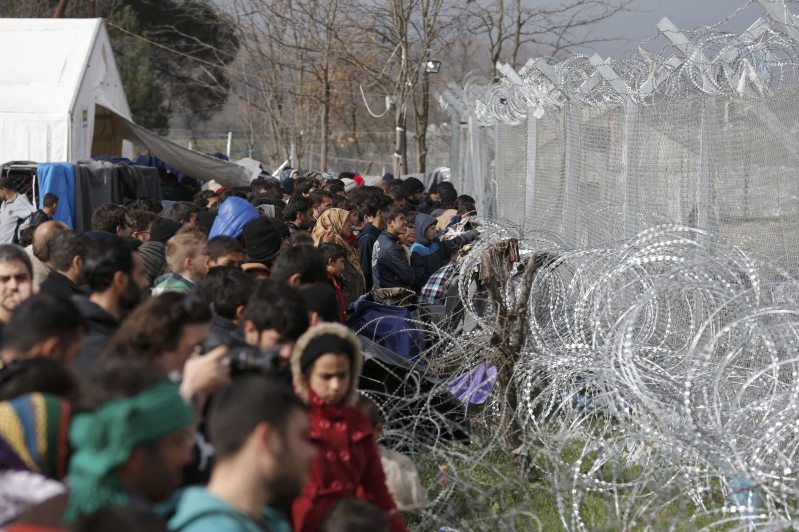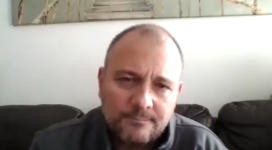
Earlier this week, politicians in the Netherlands have agreed to allow gay and Christian asylum seekers to stay in separate holding facilities. The move was made due to the growing number of cases involving violence and death threats among the refugees in the camps.
The call to establish separate housings was made by a motion presented by D66, a liberal democratic party in the Netherlands. As suggested by the group, Christian refugees and members of the LGBT community must be placed in different camps two prevent the development of animosity between the two, DutchNews.nl reported.
The ChristenUnie, a Christian-based Democratic party agreed to the terms presented by the D66. The right-wing party, VVD, however, opposed the motion and stressed that it does not coincide with the traditional values of the Dutch people such as equality.
But, despite arguments from the opposition, lawmakers in the country have voted for D66's motion. However, it is not yet clear when the segregation in refugee camps will be enacted.
This, however, this is only one of the issues that the Netherlands is facing regarding its asylum seekers. On March 1, the Washington Times reported that Dutch authorities have discovered about 30 individuals accused of carrying out war crimes mingling with the refugees inside the holding facilities. According to the report, around a third of them are from Syria while the rest are from various countries including Nigeria, Georgia and Sudan.
But, according to immigration minister Klaas Dijkhoff, despite being war crime suspects, authorities cannot send these individuals back to their home country. This is because of international treaties that prohibit host countries from carrying out repatriation operations on asylum seekers to nations that are currently dealing with ongoing conflicts.
Aside from this, another major issue that the Dutch government is facing regarding the refugee crisis is the condition of the camps where they are being held in. According to officials, since these facilities are too big, asylum seekers are not given a chance to get to know the community. Because of this, they are calling for the establishment of small-scale shelters to focus on the integration of the refugees into communities, NLTimes.nl has learned.







